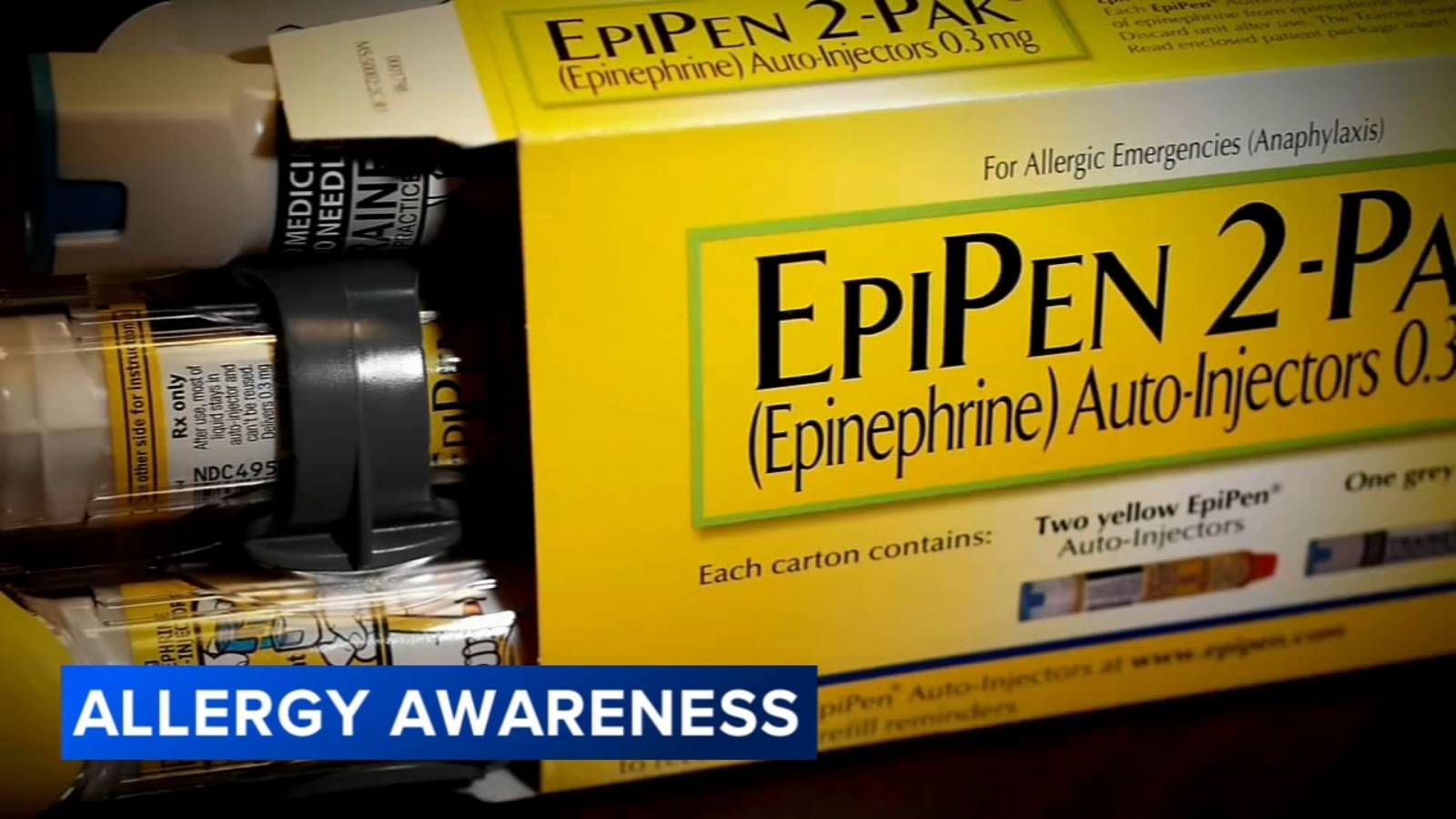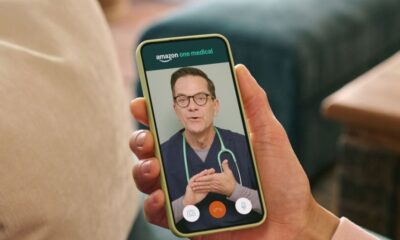Health
South Jersey Nurse Advocates for EpiPens in Public Spaces

A growing initiative aims to increase the availability of EpiPens in public spaces across South Jersey, a move spearheaded by nurse practitioner Lindsey Spangler. This effort seeks to address the urgent needs of individuals with food allergies, who often rely on self-carrying their medication during outings.
Currently, the responsibility of carrying an EpiPen falls solely on those with food allergies and their families. Spangler’s advocacy highlights the importance of having these life-saving devices readily accessible in places such as schools, restaurants, and sporting venues. The potential for severe allergic reactions, which can occur unexpectedly, underscores the need for immediate treatment.
Raising Awareness and Accessibility
Spangler’s campaign is part of a larger movement aiming to change how society views food allergies and the necessary precautions that must be taken. By placing EpiPens in public spaces, the initiative hopes to eliminate barriers for individuals who may not have their medication on hand when faced with a medical emergency.
According to statistics from the Food Allergy Research & Education (FARE) organization, food allergies affect approximately 32 million Americans, with severe reactions potentially leading to anaphylaxis, a life-threatening condition. In many cases, timely access to an EpiPen can mean the difference between life and death.
Spangler’s efforts have garnered support from various community members and local organizations, who recognize the importance of this cause. With many schools and public venues already equipped with first aid kits, the addition of EpiPens could be a simple yet impactful enhancement.
Community Engagement and Future Steps
As part of her advocacy, Spangler has organized informational sessions aimed at educating the public on food allergies and the importance of having EpiPens readily available. These sessions have focused on practical steps for businesses and institutions to implement EpiPen accessibility, including training staff on how to use the devices effectively.
The push for EpiPens in public spaces not only promotes safety but also fosters a more inclusive environment for those living with food allergies. By raising awareness and encouraging proactive measures, Spangler hopes to inspire other regions to adopt similar initiatives.
In addition to her advocacy work, Spangler continues to emphasize the importance of community support. She believes that collective efforts can lead to significant changes in policy and practice, ultimately improving the quality of life for individuals with food allergies.
With growing interest in her campaign, Spangler is optimistic about the future. By working together, she envisions a world where EpiPens are as commonplace as other first aid supplies, ensuring that everyone has the protection they need in emergencies.
-

 Technology4 months ago
Technology4 months agoDiscover the Top 10 Calorie Counting Apps of 2025
-

 Health2 months ago
Health2 months agoBella Hadid Shares Health Update After Treatment for Lyme Disease
-

 Health3 months ago
Health3 months agoErin Bates Shares Recovery Update Following Sepsis Complications
-

 Technology3 weeks ago
Technology3 weeks agoDiscover 2025’s Top GPUs for Exceptional 4K Gaming Performance
-

 Technology2 months ago
Technology2 months agoElectric Moto Influencer Surronster Arrested in Tijuana
-

 Technology4 months ago
Technology4 months agoDiscover How to Reverse Image Search Using ChatGPT Effortlessly
-

 Technology4 months ago
Technology4 months agoMeta Initiates $60B AI Data Center Expansion, Starting in Ohio
-

 Technology4 months ago
Technology4 months agoRecovering a Suspended TikTok Account: A Step-by-Step Guide
-

 Health4 months ago
Health4 months agoTested: Rab Firewall Mountain Jacket Survives Harsh Conditions
-

 Lifestyle4 months ago
Lifestyle4 months agoBelton Family Reunites After Daughter Survives Hill Country Floods
-

 Technology3 months ago
Technology3 months agoUncovering the Top Five Most Challenging Motorcycles to Ride
-

 Technology4 weeks ago
Technology4 weeks agoDiscover the Best Wireless Earbuds for Every Lifestyle





















